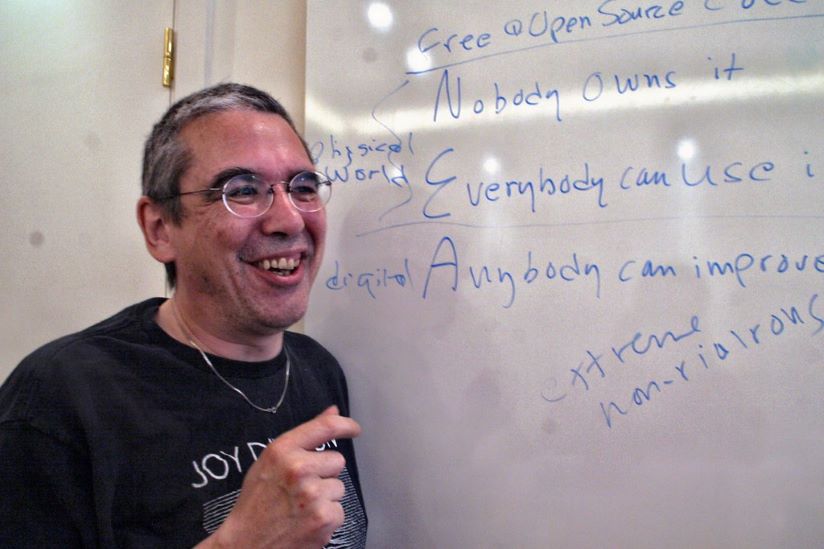Google researchers simulate the emergence of self-replicating artificial life
Researchers at Google have observed the emergence of self-replicating artificial life forms, in an experiment that offers insights into how biological life began on our planet.
Their study, which is yet to be peer-reviewed, involved a digital "primordial soup" with no rules or direction that simulated the outcome of leaving random data alone for millions of generations, resulting in the emergence of self-replicating digital life forms.
The findings could parallel the processes that led to the evolution of biological life.
More to read:
Apple recruits Google specialists for artificial intelligence projects
Life on Earth, according to the Googlers, likely began in a "primordial soup" too. Over billions of years and countless interactions, a mixture of water and organic compounds eventually gave rise to the first organisms. How chaos transformed into order remains a complex question but the researchers learned that – like biological life – artificial life struggles to conquer space (in a computer, of course).
"I don't think anything magic happened," study co-author Ben Laurie, a leading software engineer at Google, told New Scientist. "Physics occurred, and it just occurred a lot over a very long time, and it gave rise to some very complicated things."

Laurie (pictured above) and his team's simulation represents a digital version of this primordial soup. No rules were imposed, and the random data were given no specific impetus. They used a minimalist programming language called Brainfuck, known for allowing only two mathematical operations: adding one or subtracting one.
The researchers modified the system so that the random data — stand-ins for molecules — could interact with each other, "left to execute code and overwrite themselves and neighbors based on their own instructions." Despite these austere conditions, self-replicating programs emerged.
More to read:
First robot-conceived babies were born in US
Laurie believes the findings suggest there are "inherent mechanisms" that enable life to form. However, experts caution that self-replication alone does not equate to life; we should also observe increasing complexity in the organisms.
The scientists noted that with more computing power — they were already pushing it with billions of steps per second on a laptop — more complex programs might emerge. With more powerful hardware, we could potentially see the formation of more lifelike entities.
***
NewsCafe relies in its reporting on research papers that need to be cracked down to average understanding. Some even need to be paid for. Help us pay for science reports to get more interesting stories. Use PayPal: office[at]rudeana.com or paypal.me/newscafeeu.







